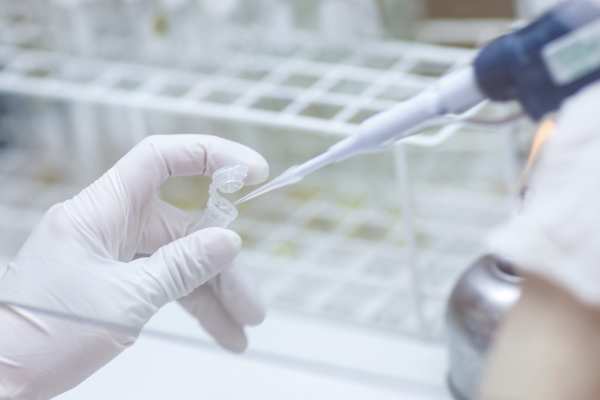About Polaris
Polaris Group is a multinational biotechnology company focused on developing novel anti-cancer therapies.
Our lead drug candidate, Pegargiminase (ADI‑PEG 20), is a biologic in late-stage clinical development for a wide range of cancers, including mesothelioma, soft Tissue sarcoma, glioblastoma (GBM), hepatic cellular carcinoma (HCC), acute myeloid leukemia (AML), nonalcoholic steatohepatitis (NASH) and others.
Polaris Group is involved in every stage of the drug development process. Our family of companies harnesses structure-based drug design technology to create novel oncology therapies, conducts clinical studies at top-tier cancer centers worldwide and operates CGMP production facilities in Northern California and China.

Subsidiaries of Polaris Group

Polaris Pharmaceuticals – Vacaville
Founded in 2002. Built a cGMP facility for biologics in 2005 and has been providing Pegargiminase for all clinical studies for over 10 years.

DesigneRx Pharmaceuticals – Chengdu
Established in 2013, situated in the Chengdu High-Tech Industrial Development Zone, with a land area of 68 acres. It has established advanced and efficient peptide drug production lines, with the capability for peptide drug synthesis, purification, and scaled-up production.

Polaris Pharmaceuticals – San Diego
Founded in 2006, San Diego-based Polaris Pharmaceuticals is leading clinical development of Polaris Group’s lead drug candidate.

Genovior Biotech Corporation
Genovior is a dedicated Active Pharmaceutical Ingredient (API) and Sterile Injection CDMO focusing on process development, scale up, formulation development, and production optimization under PIC/S GMP (cGMP, EU GMP) for our customers worldwide.
Our Science
Pegargiminase is a novel therapeutic protein being developed for cancers with a unique metabolic trait: their cells are unable to create arginine, an amino acid that is essential for cancer cell proliferation and survival. Because the cells can’t create arginine on their own, they must rely on arginine in the patient’s plasma. But Pegargiminase deprives the cancer cells of this amino acid by converting plasma-borne arginine into citrulline. While healthy cells are able to easily convert citrulline back into arginine through a process known as the urea cycle, cancer cells cannot. At the core of their deficiency is a down-regulation of argininosuccinate synthase (ASS1), an enzyme needed to synthesize arginine. To survive, the cancer cells must “rewire” their metabolism. This exerts a stress on the cells that renders them more susceptible to conventional chemotherapies. Polaris is evaluating Pegargiminase in combination with standard chemotherapies and immuno-oncology drugs. The candidate has gained orphan drug status for hepatocellular carcinoma, melanoma and mesothelioma in the U.S., also for mesothelioma and hepatocellular carcinoma in Europe.

The FDA has provided Fast Track designation and the EMA has also provided Protocol Assistance, allowing for the potential of expedited market approval. Polaris Group owns multiple issued and pending patents covering Pegargiminase, including patents on formulation and use.